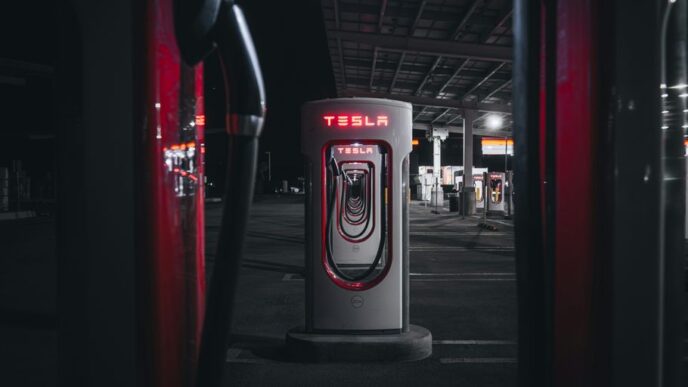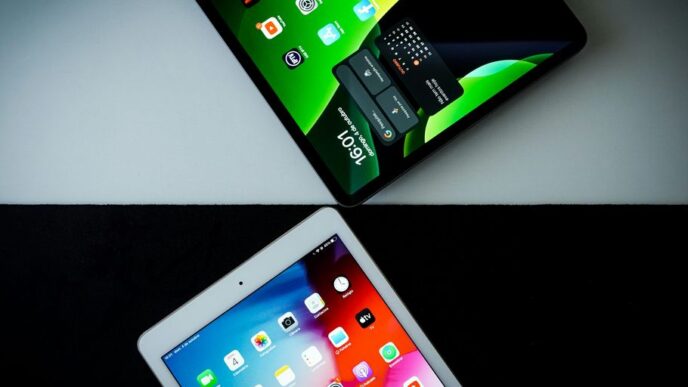Social media has grown significantly in recent years. From the moment we wake up to the time we go to bed, most of us are glued to our phones, scrolling through endless feeds and posts. While social media ha become a powerful tool for connecting the world, it has also had a profound impact on our society and mental health. With its wide reach, it has shaped how we interact with each other, how we view the world, and how we perceive ourselves. In this blog article, I will explore the implications of social media use on our mental health and discuss how to use it in a healthy way brought people closer together and made communication easier, it also has its downsides. Studies have shown that excessive use of social media can negatively impact mental health and overall well-being.
The rise of social media
Social media has come a long way since its inception in the early 2000s. Platforms like MySpace and Friendster paved the way for what would later become giants like Facebook, Twitter, and Instagram. Today, social media is an integral part of our personal and professional lives. It is challenging to envision a world devoid of its presence.
The rise of social media has had far-reaching effects on society as a whole. It has made communication more accessible than ever before, connecting people from all corners of the globe with just a click of a button.
But with great power comes great responsibility. As social media became more prevalent, so did issues such as cyberbullying and online harassment. The anonymity provided by these platforms allowed individuals to hide behind their screens while doing harm to others.
Despite these challenges, social media remains an essential tool for businesses, influencers, and everyday users alike. With its ability to reach millions of people worldwide instantaneously, it offers endless opportunities for growth and connection in both personal and professional spheres.
How social media affects mental health
Social media has undoubtedly revolutionized the way people communicate and interact with each other on a global scale. However, it also comes with its own set of drawbacks, particularly when it comes to mental health.
One way that social media affects mental health is by promoting unrealistic expectations and comparisons. As we scroll through our feeds, we often see carefully curated images of perfect bodies, beautiful homes, exotic travels, and happy relationships. This can lead us to feel inadequate or dissatisfied with our own lives in comparison.
Moreover, social media addiction can lead to anxiety and depression as users become more isolated from real-life interactions. Spending countless hours scrolling through feeds can be incredibly isolating and prevent individuals from building genuine connections with others.
Another concerning aspect of social media’s impact on mental health is cyberbullying. Because people feel anonymous online they speak their minds without fear or consequence which leads them into bullying others who have opposing views than theirs leading their victims into severe depression or even suicide.
It’s important to recognize these negative effects while still acknowledging the benefits that social media platforms bring us in terms of connecting people across borders and providing information at our fingertips.
The dangers of social media addiction
Social media addiction is a real and growing problem that affects millions of people around the world. It can be easy to get caught up in the endless scrolling, liking, and commenting that social media provides. However, this addiction can have serious consequences for mental health and overall well-being.
One of the biggest dangers of social media addiction is its impact on self-esteem. Constantly comparing oneself to others on social media can lead to feelings of inadequacy, insecurity, and even depression. The curated nature of social media often presents an unrealistic portrayal of people’s lives which further exacerbates these negative emotions.
Another danger is the effect on relationships with family and friends. Social media use has been linked to increased isolation and decreased communication in personal relationships. Instead of engaging in meaningful conversations or spending quality time together, individuals may choose to spend their time scrolling through their feeds.
Additionally, excessive use of social media has been shown to disrupt sleep patterns leading to fatigue during waking hours which ultimately affects productivity levels at work or school.
It’s important for individuals who feel they may be addicted to social media take steps towards reducing usage including setting limits for daily screen time or seeking professional help if necessary as uncontrolled addition could result in more harm than good.
Strategizing the Effective Use of Social Media
Social media has undeniably become deeply ingrained in our everyday routines, providing entertainment, information, and even inspiration. Nevertheless, its widespread popularity carries the risk of addiction and negative consequences on mental well-being. To navigate these challenges, it is crucial to explore ways to harness the potential of social media for our benefit.
Setting personal boundaries is paramount when engaging with social media. This entails establishing limits on the amount of time spent scrolling through feeds or designating specific periods to check notifications.
Curating our social media feed to include uplifting and inspiring content, instead of content that brings us down, can significantly enhance the online experience. Following accounts aligned with our values and interests cultivates a more positive digital environment.
Engaging in meaningful conversations with others on social media can prove beneficial. Establishing connections with like-minded individuals and actively participating in discussions about significant topics fosters a sense of community and support.
Occasionally, it becomes necessary to take breaks from social media altogether to maintain optimal mental health. Disconnecting from technology enables us to focus on real-life experiences and relationships without the distractions of the virtual world.
Making social media work for us necessitates intentional and mindful usage, while appreciating its capacity for connection and creativity.
Conclusion
In today’s society, social media has become an inseparable part of our daily lives, offering both opportunities and risks. While it facilitates connections and information sharing, it also poses mental health challenges that must not be overlooked.
Extensive research has demonstrated the potential adverse effects of excessive social media use, such as anxiety, depression, and other mental health conditions. Hence, it is imperative to approach social media usage with caution, employing strategies that prioritize well-being and harness the benefits it can offer.
It is important to recognize the signs of addiction and take steps to limit our usage.
However, we should not demonize social media as a whole. When used in moderation and with intentionality, it can actually have positive effects on our well-being.
To make social media work for you instead of against you, try setting boundaries around your usage such as limiting screen time or taking breaks from certain platforms altogether. Be mindful about who you follow and what content you consume online.
At the end of the day, it is up to us as individuals to take responsibility for how we interact with social media and how much power we give it over our mental health. By being intentional in our usage, we can reap the benefits while minimizing the risks.













